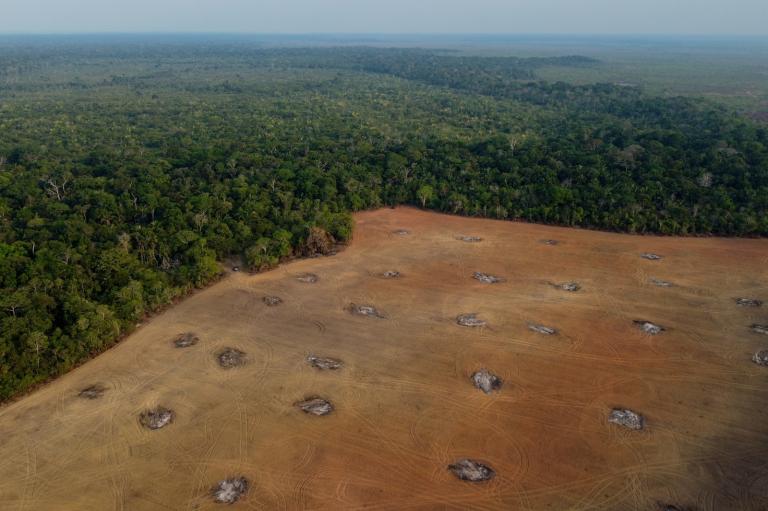If the nuclear industry “primes” for its long-rumored comeback much longer, the country’s going to get a collective case of blue balls.
Meanwhile, this short excerpt pretty much contains the entire history of the nuclear debate in a nutshell:
[Nuke company] NRG Energy chief executive David W. Crane proclaimed “a new day for energy in America.”
But there is still a lot of worry about the economics of nuclear power. Nuclear plants are hugely expensive to build; they have long lead times and a history of cost overruns. Bottlenecks loom for key components if more than a few plants are built. The price of uranium has soared in recent years. So has the cost of construction materials and skilled labor, which is in short supply. Politicians, environmentalists and business still can’t decide how to dispose of radioactive waste.
“If I were an investor, I’d be squeamish,” said Jim Harding, a consultant and former director of power-supply planning at Seattle City Light.
To ease financial concerns, the nuclear power industry has turned to Congress.
Wash. Rinse. Repeat.

